Banks are hardly the most loved of institutions and when you read the following, it will remind you why.
Dave Moss runs Alfington Stores and Service Station at Alfington in Devon. It’s a small business with costs nailed down tight. He’s had a business account with Barclays for 15-plus years. In the last 10 years the account has always been in credit – not by much, but by up to a couple of grand.
Says Dave: “Last December, following the OFT requirement that banks must offer the choice of interest payment on business accounts, I filled out an innocuous-looking form that would allow us to stay as we were or to move to their ‘standard business tariff’ which shortly would pay interest at 2.5% over base rate.”
Dave elected to switch. “The statement which arrived in March came as a shock,” he adds. “The tariff charges had gone from an average hovering around £30 per quarter to £40.83 for just two months.”
He worked out this new ‘beneficial’ deal would cost him £240 a year for the privilege of banking with Barclays instead of £120. A 100% increase – and nothing else had changed. Ah, but the interest should offset this. The next statement showed the interest: £3.85, from which 77p tax had been deducted. “Some rough and ready calculations show I need around £17,000 sitting in the account for the interest to come close to offsetting that level of bank charges,” he says.
He has complained, accusing the bank of engineering a situation where it would profit from the Competition Commission’s requirements. The bank said he could return to the old tariff – but only until November when that service was due to be withdrawn. “I would then be faced with the Hobson’s choice of a ridiculously expensive business account paying minimal interest,” he says.
Dave has switched banks and is going to write to the director general of Fair Trading. But he warns: “If you bank at Barclays on a small business tariff, anticipate a steep rise in your charges come November, but don’t expect a worthwhile interest payment to compensate.”


















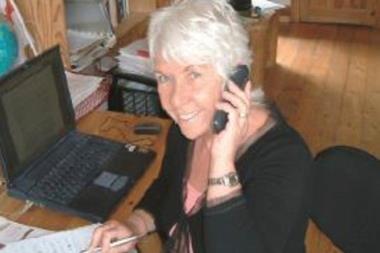

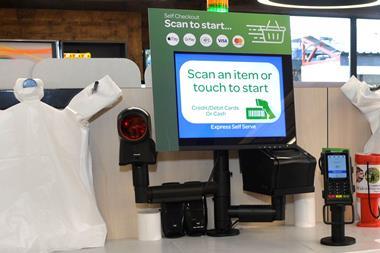

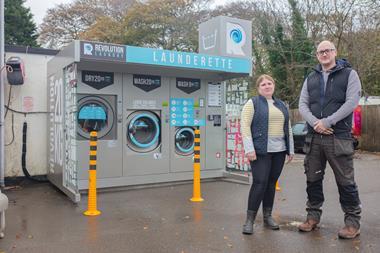
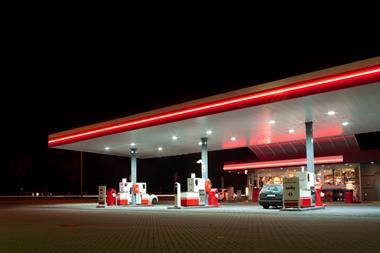
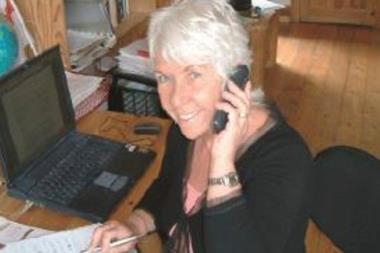
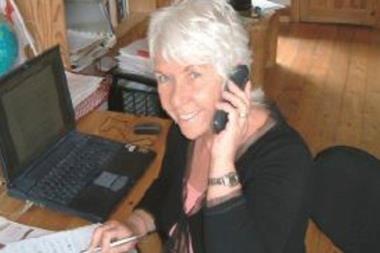

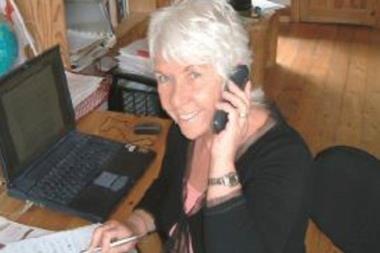
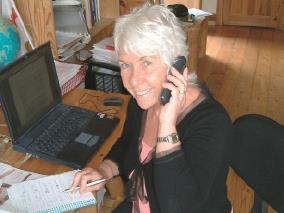
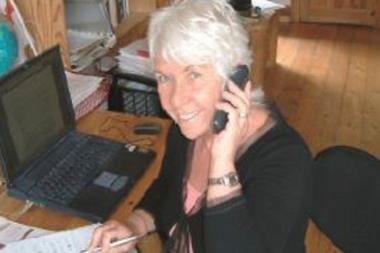
No comments yet